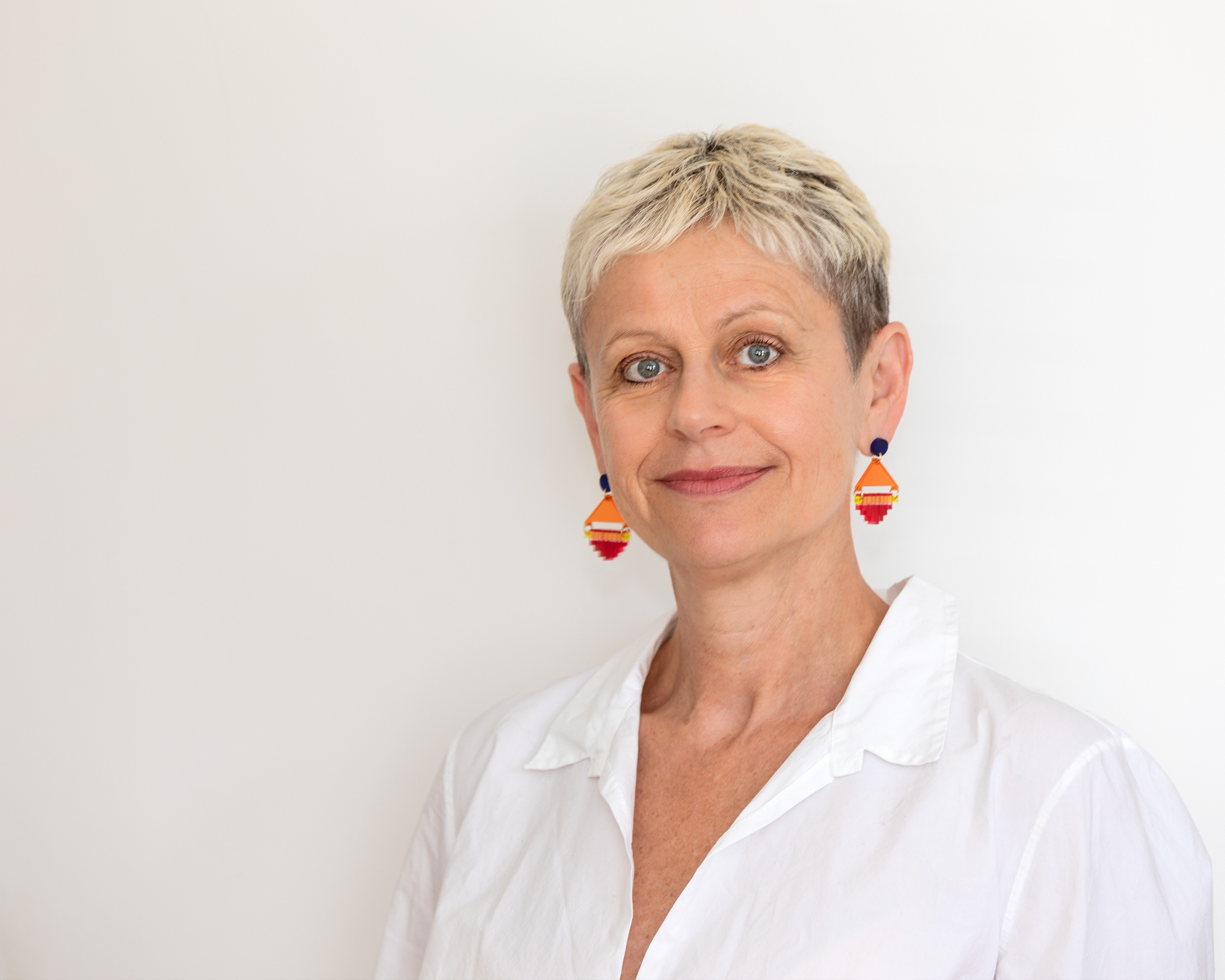Many years ago when I was a young film and TV solicitor working for a West End law firm, people used to make assumptions about me.
One was that if I was a lawyer, I must be clever.
Another that if I was working in film and tv, my life must be glamorous.
On a good day I could accept that I was bright but I didn't think I was clever in the way people meant... I never thought of myself as a natural lawyer. In my eyes in order to be a 'good lawyer' you needed to be logical, mathematical, almost like a chess player - none of these qualities came naturally to me. I was hopeless at maths and never got the hang of chess.
As for glamour, ok, yes, I sometimes met famous people and once persuaded the partners in my law firm to send me to the Cannes film festival I was clever like that , but it felt like the clients were the glamorous ones and I was just the pen-pushing, boring, lawyer person.
But other people's assumptions were nothing compared to the assumptions I made about myself. Not believing that I was a natural lawyer whatever that is; like anything, being a lawyer takes practice and experience , was there of course as well as my assumption that in order to navigate the unforgiving world of the law office, I needed to appear professional, competent and always in control.
Another biggie was that I could never, ever under any circumstances get something wrong. Mess up. Or make a mistake.
In other words, be a human being.
What an unforgiving and punishing way to conduct your life!
Peeling off the layers of negative self-belief
Yet in my work as an executive and leadership coach, I come across many people in far more elevated positions than I ever was, who think about themselves in a similar way - even though to the outside world they exude confidence and control. Often high achievers with a huge level of responsibility, the expectations they have about themselves and their beliefs about how others perceive them, especially if they're in highly visible leadership roles, often get in the way of them reaching their potential in the most integrated sense.
Of course, these underlying beliefs may not always manifest themselves when they first approach me for coaching. For example, clients may say they want to improve their communication skills or manage team members more skilfully. My initial task will be to help them clarify their goals but I always point out that as we move forward, others may emerge.
I explain that I'm not the expert on their life, that they are. My assumption is that they are perfectly fine, there's nothing to fix; rather, we are equal partners working together on their life and what they want.
While it's definitely not my job to dig around in someone's psyche looking for 'issues', my role as coach is to ask many questions to help a client access their own wisdom. I come from a place of deep curiosity and compassion and as clients start to peel off the layers they've accumulated around who they are supposed to be, the closer they get to who they really are as people. And it's then that those painful assumptions may start to reveal themselves.
Addressing saboteurs
We have a saying in the coaching world that what we resist, persists - so although it may be challenging to address long-held beliefs about yourself, it can also be releasing. Together and with a great deal of trust and compassion and, in the case of the client, courage, we can start to work together to confront some of those beliefs, work out which are 'true' usually very few, mostly none and which are actually 'saboteurs' - negative self-talk which tends to show up most forcibly when we step outside our comfort zone in some way, often the thing that brought the client to coaching in the first place.
Once those saboteurs are 'out there' the work can begin. Depending on the client, it might be important to fully manifest and process those thoughts. Or sometimes, that might feel unproductive, and what's really needed is to confront the saboteur and send it packing. A fun thing to do is to dispatch the saboteur to do some kind of monotonous or pointless job in my case it could have been ploughing through some really complex documents , while the client gets on with doing their work without that annoying voice chattering away in their head and getting in their way. This will also leave space to re-address the original goals the client came to coaching for and assess where they are with regard to those. Inevitably the client will find that accessing a more honest way of being in the world means that challenges can be tackled without being preoccupied with looking good or being perfect.
Accessing authentic leadership
Often the more senior a person is, the more there is at stake for them in ensuring any kind of weakness is hidden. It can be a huge relief to have someone completely neutral who they can work things through with and talk about their vulnerabilities without feeling judged or silenced. In fact, as those so-called vulnerabilities get aired, there can be a realisation that not only is there strength in being able to 'own' them but the very thing they consider a 'weakness' may be their most compelling quality and form part of their leadership. Qualities like sensitivity, intuition, quirkiness, eccentricity, a wacky sense of humour ... well, you get the picture. It can be immensely liberating to no longer have to hide parts of who you are under a veneer of competence and professionalism. Instead a more natural and authentic style of leadership can emerge from a place of acceptance both of yourself and the people you lead.

